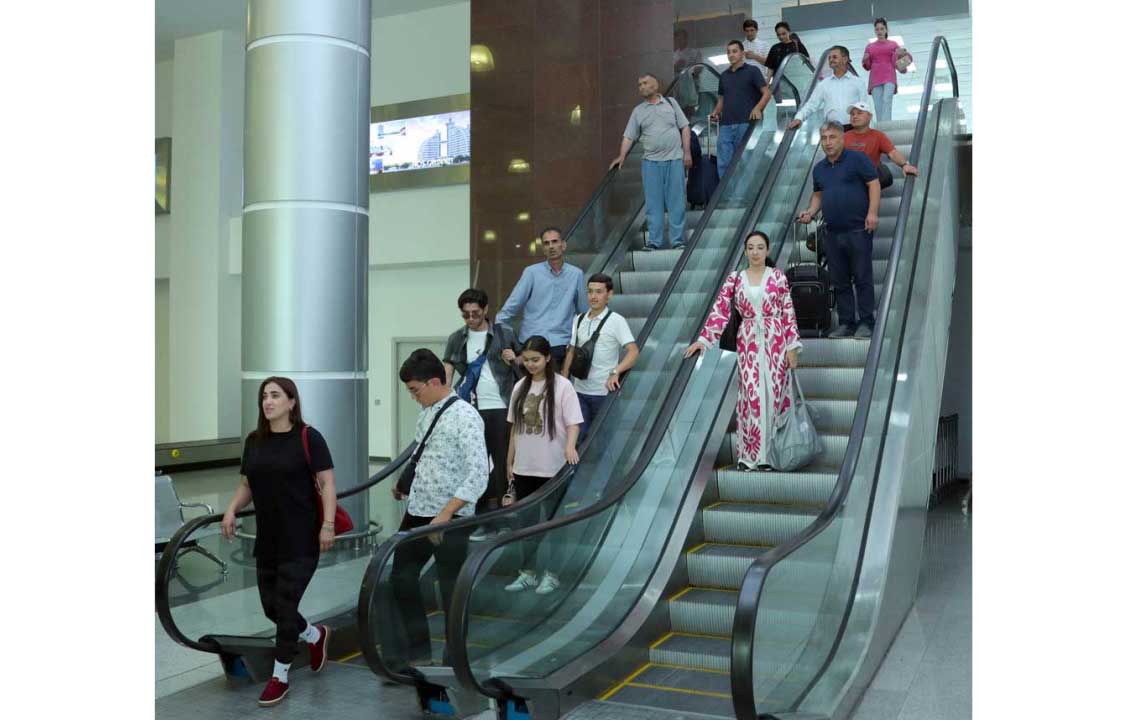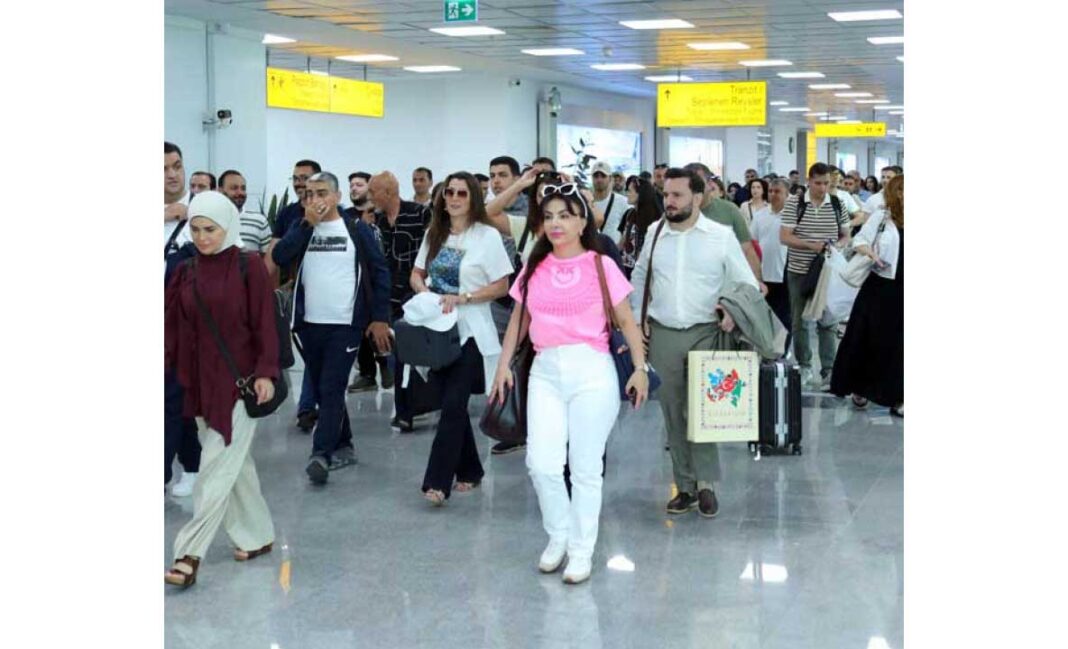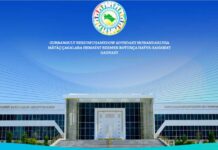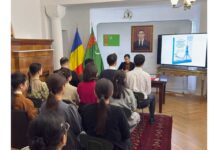The Awaza National Tourist Zone is now bustling with activity as delegations begin to arrive for the Third United Nations Conference on Landlocked Developing Countries (LLDC3). The high-level conference, scheduled to take place from August 4 to 8, is set to be a landmark event, bringing together world leaders, government officials, and representatives from international organizations to address the unique challenges faced by landlocked countries.
Upon their arrival at Turkmenbashi International Airport, delegates are greetes with the renowned warmth and hospitality of the Turkmen people, a cornerstone of the nation’s cultural identity. Volunteers, comprised of students from Turkmenistan’s leading universities, are playing a key role in the welcome, embodying the country’s commitment to the successful organization of the event. These students, who have undergone specialized training in diplomacy and international protocol, are guiding the guests and providing support with a high degree of professionalism.

The high-level conference expects to draw a significant number of high-profile attendees, including heads of state, prime ministers, and delegations from UN member states. In addition to state delegations, the conference will host leaders and representatives from a wide array of international and regional structures, legislative bodies, financial institutions, public associations, and the private sector. The presence of such a diverse group underscores the comprehensive approach being taken to address the political, economic, and humanitarian aspects of development for landlocked countries.
The LLDC3 conference will feature a packed schedule of events, including plenary sessions, five high-level thematic roundtables, and seven high-level forums focusing on topics like Parlamentary, South-South cooperation, private sector engagement, youth and women leaders. These events will provide a platform for delegates to establish new contacts, discuss further development strategies, and forge partnerships aimed at unlocking the potential of landlocked developing countries.
Gyzylgul AMANLYYEVA, Student of IUHD.
Photos by the turkmenmetbugat.gov.tm









